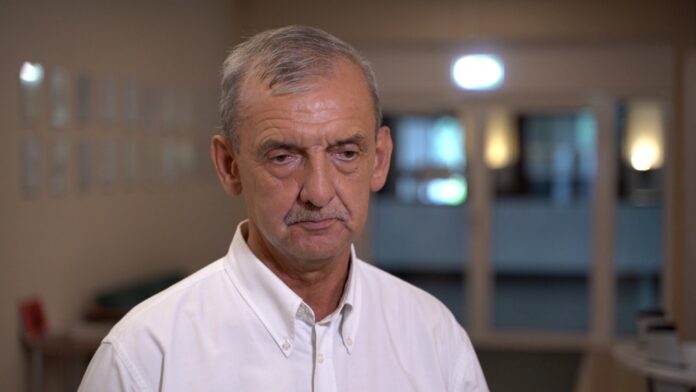Teachers are leaving the profession en masse, and young people are not eager to enter it. The main reason is the “financial misery” as noted by the president of the Polish Teachers’ Union (ZNP), Sławomir Broniarz. The salaries of novice teachers are currently almost at the level of the minimum wage. Additionally, an overloaded curriculum and a decrease in the prestige of the teaching profession contribute to the issue. It is estimated that Poland lacks tens of thousands of educators. “The absence of 10 teachers in a given area corresponds to a minimum of 180 hours to be covered. This indicates several hundred students are without classes,” states Broniarz.
Estimates regarding staffing shortages in schools vary. In August, the Education Minister, Przemysław Czarnek, estimated that the number of full-time vacancies is less than 7 thousand, which is less than 1% of all teachers. The educational supervision departments and the ZNP suggest numbers about three times higher.
Broniarz emphasizes that if teachers refrained from working overtime, it would reveal that the shortages in the Polish education system reach 50-60,000 individuals. He warns that the situation could become even more dramatic by September 1, 2024. If there is a national shortage of 12 to 50 thousand teachers, imagine how many hundreds of thousands of children will not have lessons every day with a teacher prepared to teach a particular subject.
Teachers’ salaries have been at the lowest level among other professions in the public sector for years. Currently, the salary of a beginner teacher is only 90 PLN higher than the minimum wage. If the issue is not addressed by increasing salaries, the problem is likely to deepen.
Also, it is worth noting that young teachers’ salary of about 2.8 thousand PLN discourages them from renting an apartment in Warsaw or another big city. Life after paying the rent in small cities for beginner teachers leaves them with only a few hundred zlotys. This results in a growing dependence of young people on parents and delayed family plans, as living on their own becomes almost impossible.
Broniarz added that some of the teaching staff, who have other ideas for themselves or receive a job offer from business, often resign from their position at school. Of course, there are enthusiasts who, despite all inconveniences, will choose to work in education. However, economic conditions might discourage even the most persistent ones.
Additionally, the teaching profession no longer seems attractive as teachers are forced to independently equip their work stations and use their own computer equipment. “There is no other profession where a person performing this job would also have to cover the costs of his workplace. The pandemic showed it clearly and continues to be the case post-pandemic,” said Broniarz.
Teachers have spoken up about the difficult conditions they are forced to work under on multiple occasions. On September 1, teachers from all over the country protested in front of the Ministry of Education and Science building to draw attention to their plight. They also took part in the budget employees’ March of Anger on KPRM, which took place on September 15.
“A teacher feels disempowered in his work. He has a core curriculum, a specified schedule, which increasingly interfere with the essence of this profession, that is, a sense of some autonomy, independence in this area. This causes teachers to leave the profession. Of course, financial misery is also an important factor,” summarized the President of ZNP.


















